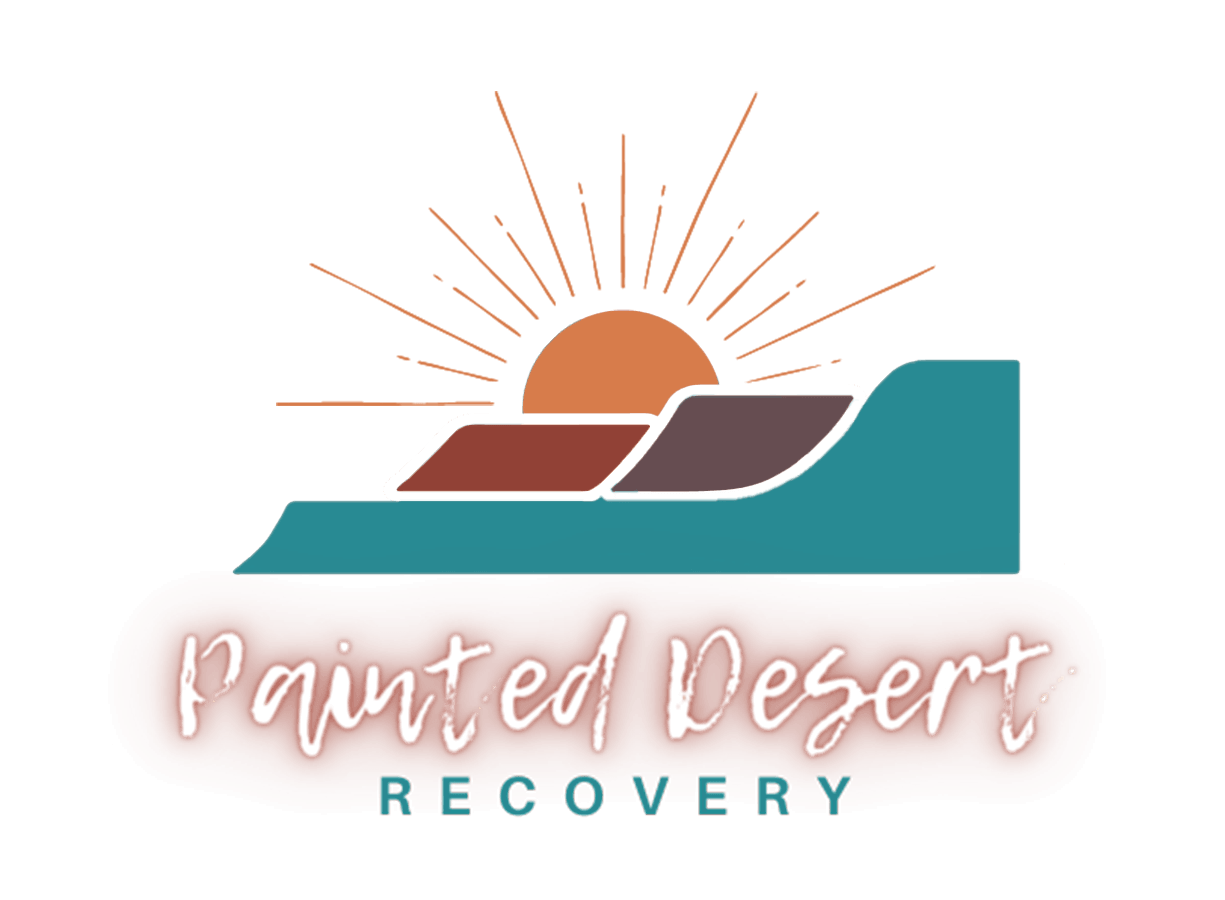Art therapy is perhaps the most widely known experiential therapy for mental health conditions, including substance use disorders. It is effective because artistic creation taps into parts of the brain that are more accessible by the unconscious. You don’t need artistic skills to benefit from art therapy. All types of art therapy can help you regardless of who you are or whether you view yourself as a creative person. Painted Desert Recovery’s art therapy center in Utah provides art therapy for recovery and numerous other experiential and evidence-based therapies.
Do you want to learn more about art therapy in Utah or the types of art therapy that might help you recover? Reach out today to Painted Desert Recovery to get answers to your questions. You can contact us by dialing 844.540.0357 or filling out our online form.
What to Know About Art Therapy for Recovery
Art therapy has been around for a long time. Most of them were developed early in the mid-20th century and have since been used in numerous mental health and addiction recovery treatment settings. People in psychology noticed that many who suffered from mental health disorders and addiction used artistic expression, whether through visual arts, dance, movement, writing, or music, to find release. They decided to explore the use of art in treating their patients, and art therapy became a formally recognized treatment.
Benefits of Art Therapy for Recovery
The tools offered by art therapy are many. They allow therapists to guide their clients to identify, express, and understand their emotions and identify unconscious beliefs and internal conflicts that may underlie some of their challenges. Benefits include:
- Enhanced self-awareness
- Improved self-esteem
- Improved social skills
- Stress management
- Emotional regulation
- Better communication
People in recovery who wish to explore expressive therapy have options, as several art therapy types are widely used in treatment settings.
5 Types of Art Therapy for Mental Health Treatment
By using the arts to support people in recovery, clinicians help clients begin coping with issues such as low self-esteem, trauma, and even co-occurring mental health disorders. In partnership with other professionals providing other therapies, the entire landscape of someone’s addiction treatment can be transformed by art therapy, and their healing amplified.
All forms of art therapy help break down the internal barriers that prevent people from exploring and expressing what is painful by stimulating self-expression and translating the discomfort into something much more approachable and safe, not to mention creative.
1. Visual Art Therapy
Visual arts like painting, collage, photography, and sculpting help clients in recovery explore their subconscious and interpret the pieces they create under the guidance of a therapist.
2. Music Therapy
Originally discovered to be therapeutic in veterans’ hospitals after world wars, music is exceptionally healing and relieves anxiety, grief, depression, and more symptoms. In music therapy, people in recovery may compose or create music or engage in music activities with their therapist.
3. Drama Therapy
This is a form of group therapy as it unfolds in a collaborative setting with individuals playing extemporaneous roles via improvisation, typically guided by prompts from their therapist. It is helpful for clients to inhabit roles requiring them to explore parts of themselves they usually avoid or censor.
4. Creative Writing Therapy
Using prompts provided by the therapist or someone else in the group, people engaging in creative writing therapy, which may include creative non-fiction, fiction, or poetry, explore where the ideas take them. Exercises to help them circumvent inhibitions and anxieties often help them get started.
5. Dance or Movement Therapy
With the onset of modern dance in the last century, people with mental health conditions found more self-expressive and spontaneous forms of movement to be profoundly liberating. Movement and dance can help people express emotions and memories that may be too painful or complex for language.
Find an Art Therapy Center in Utah at Painted Desert Recovery
Painted Desert Recovery treats women on the journey of recovery using a whole-person approach that addresses the intellect, the spirit, and the body and includes the inner recesses of creative impulse, which everyone, even the non-artistic, has. Learn how art therapy at Painted Desert Recovery can help you on your path to wellness.
Contact Painted Desert Recovery today at 844.540.0357 to learn more about Utah art therapy for recovery. You can also use our simple online form to connect with someone from our staff.







